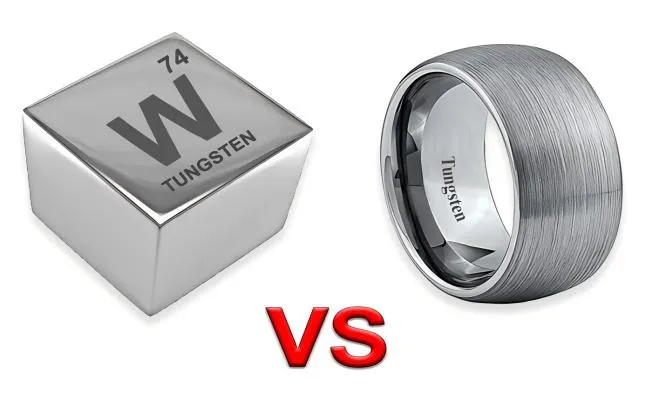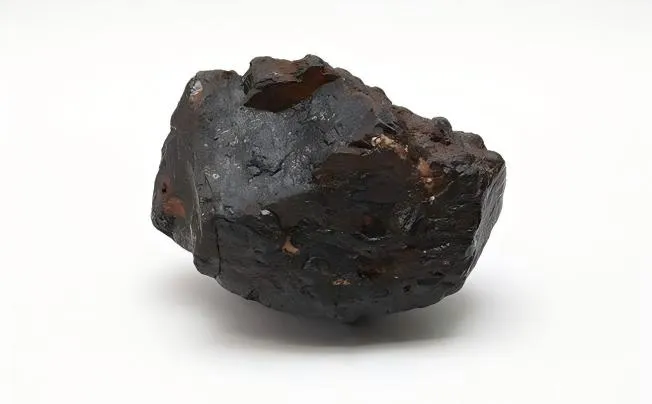Silicon in Technology
Use of Silicon in Electronics and Semiconductors
Silicon, a fundamental component of modern electronics, plays a pivotal role in the functioning of electronic devices and semiconductors. Its crystalline structure allows for precise control over electrical conductivity, making it an ideal material for creating intricate circuits.
Silicon's ability to act as a semiconductor is crucial in enabling the manipulation of electric current within electronic components. This property is harnessed in devices ranging from simple diodes to complex integrated circuits found in advanced electronics.
Role of Silicon in Computer Chips
Computer chips, also known as microprocessors, are at the heart of virtually all modern computing systems. These chips are primarily made from silicon due to its unique electrical properties and abundance.
Silicon's semi-conductive nature allows for efficient control over the flow of electricity within the chip, enabling it to perform complex calculations and execute instructions rapidly. The intricate network of transistors etched onto silicon wafers forms the basis of computational power that drives computers, smartphones, and other electronic devices.
Importance of Silicon Wafers in Solar Panels
In the realm of renewable energy technology, silicon wafers play a critical role in the production of solar panels. Solar cells made from silicon convert sunlight into electricity through the photovoltaic effect.
High-quality silicon wafers ensure optimal efficiency by capturing and converting solar energy effectively. The purity and crystalline structure of silicon used in solar panels determine their performance and durability, making them a sustainable solution for generating clean energy.
Silicon in Construction and Building Materials
Silicone sealants and adhesives, derived from silicon, play a crucial role in modern construction. These versatile materials are utilized for sealing joints and gaps in various building structures, providing both strength and flexibility. Silicone sealants are adept at withstanding extreme temperatures, UV exposure, and weathering, making them ideal for both interior and exterior applications.
Additionally, silicon-based adhesives offer excellent bonding properties across different surfaces such as glass, metal, wood, and concrete. Their high durability ensures long-lasting adhesion even in challenging environments.
Silicones are indispensable in the construction industry for their exceptional waterproofing and insulating capabilities. By forming tight seals that repel moisture penetration, silicones offer protection against water damage to buildings' interiors. Whether used in caulks to seal gaps around windows or as coatings for roofs to prevent leaks, silicon-based products are key players in maintaining structural integrity over time.
Furthermore, silicones act as superb insulators by reducing heat transfer through walls and roofs. This thermal resistance helps regulate indoor temperatures efficiently while cutting down energy costs.
Apart from their functional advantages, silicon-based construction materials also contribute to sustainability efforts within the industry. Silicone sealants and adhesives have low volatile organic compound (VOC) emissions compared to traditional alternatives, promoting better indoor air quality during application and beyond.
Additionally, the longevity of silicone products reduces the need for frequent replacements, thus minimizing waste generation. By incorporating silicon-based solutions into building projects, professionals can enhance not only performance but also environmental stewardship towards greener practices in construction.
Silicon in Beauty and Personal Care Products
Silicones are widely used in the beauty and personal care industry due to their unique properties. These silicon-based compounds provide a smooth, silky texture to products such as foundations, primers, serums, and hair care items.
They create a protective barrier on the skin that helps to lock in moisture while providing a velvety finish. In skincare products, silicones can also act as delivery agents, ensuring that active ingredients penetrate the skin effectively.
One of the key advantages of using silicone-based hair products is their ability to impart a sleek and glossy appearance to the hair. Silicones form a thin coating around each strand, smoothing out cuticles and reducing frizz.
This results in hair that feels softer to the touch looks healthier, and appears more manageable. Silicone-based serums and leave-in conditioners are particularly popular for taming unruly hair and adding luminous shine.
Silica, a derivative of silicon dioxide, is commonly used as an absorbent agent in various beauty products such as powders, foundations, and setting sprays. Its porous nature allows it to absorb excess oil on the skin's surface without clogging pores or causing dryness.
Silica helps makeup last longer by mattifying oily areas and creating a smooth canvas for application. In addition to its oil-controlling properties, silica imparts a soft-focus effect that blurs imperfections and gives the skin a flawless appearance.







